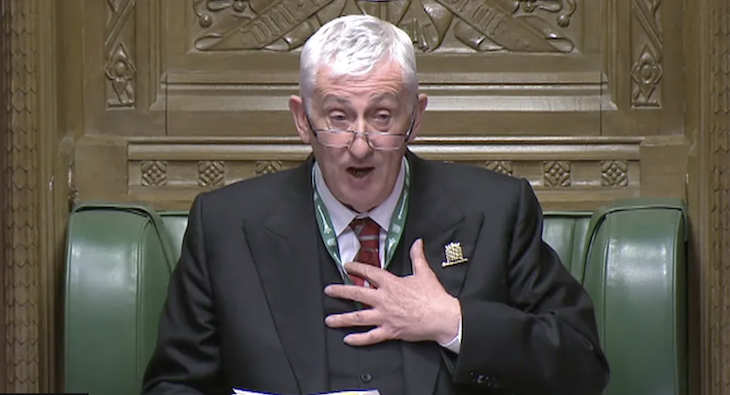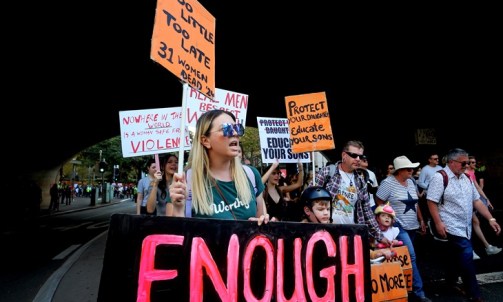Lindsay Hoyle’s justification for tearing up convention on the Gaza vote was that he had become worried for MPs’ safety and was trying to give members the widest range of options to express their view. It didn’t work out that way, as he acknowledged last night, and the Speaker will spend today in private meetings with the individuals concerned.
Already a subscriber? Log in
Subscribe for just $2 a week
Try a month of The Spectator Australia absolutely free and without commitment. Not only that but – if you choose to continue – you’ll pay just $2 a week for your first year.
- Unlimited access to spectator.com.au and app
- The weekly edition on the Spectator Australia app
- Spectator podcasts and newsletters
- Full access to spectator.co.uk
Or





















Comments
Don't miss out
Join the conversation with other Spectator Australia readers. Subscribe to leave a comment.
SUBSCRIBEAlready a subscriber? Log in